[Americana] (Vans, Hugh) Some Observations on the Scheme projected for emitting 60000 l. in Bills of a New Tenour, to be redeemed with Silver and Gold... A Very Early Colonial Treatise on Paper Money Boston: Printed and Sold by S. Kneeland and T. Green 1738. First edition. 8vo. (ii), 25 pp; lacking half-title. Gatherings stitched as issued, original thread sound; edges untrimmed; wear along all edges; worming along bottom edge, but not affecting text; text evenly toned; open tear at bottom of last leaf affecting some words in errata. Sabin 98549b; Evans 4308; ESTC W2502: locating 13 institutions with copies. This very early colonial treatise forms part of the decades-long debate in the North American colonies before the American Revolution concerning the need for a proper circulating currency, and the purported dangers posed by paper money. Once erroneously attributed to physician and pamphleteer William Douglass, this anonymously published pamphlet is now known to be the work of respected and successful Boston merchant Hugh Vans (or Vance). It takes the form of a letter from a Boston merchant to a friend living in the country, and is a response to a proposed plan by the Massachusetts government to put £60,000 worth of currency into circulation. Vans condemns the proposal for two reasons: one, that the colony is unable to cover its current debts, and second, the fluctuating prices of silver and gold would make it unlikely for the currency to retain value in an international market. Maintaining an adequate supply of money was a perpetual problem in the American colonies throughout the 17th and 18th centuries, and despite efforts by colonial authorities--especially in Massachusetts--keeping an ample flow was a continuous problem. Hard-money, like gold and silver, was the preferred currency of choice, but it was often hard to find and keep within colonial borders. Restrictive mercantilist policies in London often kept it tied up in international markets, and sometimes even forbade its export into North America, while the lack of mines hampered the local production of coin. Local currency was thus typically in scarce supply to the detriment of farmers and merchants who often had to rely on commodity money and scarce foreign coins like Spanish dollars. To remedy this, paper money as a means of exchange was introduced with increasing frequency and controversy beginning in the late 17th century. In 1690, Massachusetts was the first place in the western world to issue paper bills to pay its soldiers following its failed siege of Quebec. Over the ensuing years it was gradually introduced in greater quantities to cover larger segments of trade and government expenditure, but the lack of adequate monetary policy caused rampant inflation and the bill's value to decrease over time. Proposals to circulate more paper bills often led to heated debates over their efficacy. Two sides emerged in the debate, those who supported the use of paper money, like Vans, and those who opposed it (the previously attributed William Douglass fell into this latter group), and pushed for the use of hard currency. Vans was a "paper-money man" who supported the use of paper currency. A successful merchant, in the years before this publication he served on numerous government committees assisting Boston Representatives in the Massachusetts General Court, auditing treasury accounts and contributing ideas concerning trade, paper money, and tax collection. In his work published two years following this work, when the currency debate bubbled over the Land and Silver Bank controversy, he published his An Inquiry into the Nature and Uses of Money (1740), where he argued that properly managing a stable exchange rate for bills would ensure that they were less volatile to the economy. Although his views were in the minority at the time, they echoed across colonial borders with earlier publications like Benjamin Franklin's 1723 pamphlet in support of paper currency, A Mo
[Americana] (Vans, Hugh) Some Observations on the Scheme projected for emitting 60000 l. in Bills of a New Tenour, to be redeemed with Silver and Gold... A Very Early Colonial Treatise on Paper Money Boston: Printed and Sold by S. Kneeland and T. Green 1738. First edition. 8vo. (ii), 25 pp; lacking half-title. Gatherings stitched as issued, original thread sound; edges untrimmed; wear along all edges; worming along bottom edge, but not affecting text; text evenly toned; open tear at bottom of last leaf affecting some words in errata. Sabin 98549b; Evans 4308; ESTC W2502: locating 13 institutions with copies. This very early colonial treatise forms part of the decades-long debate in the North American colonies before the American Revolution concerning the need for a proper circulating currency, and the purported dangers posed by paper money. Once erroneously attributed to physician and pamphleteer William Douglass, this anonymously published pamphlet is now known to be the work of respected and successful Boston merchant Hugh Vans (or Vance). It takes the form of a letter from a Boston merchant to a friend living in the country, and is a response to a proposed plan by the Massachusetts government to put £60,000 worth of currency into circulation. Vans condemns the proposal for two reasons: one, that the colony is unable to cover its current debts, and second, the fluctuating prices of silver and gold would make it unlikely for the currency to retain value in an international market. Maintaining an adequate supply of money was a perpetual problem in the American colonies throughout the 17th and 18th centuries, and despite efforts by colonial authorities--especially in Massachusetts--keeping an ample flow was a continuous problem. Hard-money, like gold and silver, was the preferred currency of choice, but it was often hard to find and keep within colonial borders. Restrictive mercantilist policies in London often kept it tied up in international markets, and sometimes even forbade its export into North America, while the lack of mines hampered the local production of coin. Local currency was thus typically in scarce supply to the detriment of farmers and merchants who often had to rely on commodity money and scarce foreign coins like Spanish dollars. To remedy this, paper money as a means of exchange was introduced with increasing frequency and controversy beginning in the late 17th century. In 1690, Massachusetts was the first place in the western world to issue paper bills to pay its soldiers following its failed siege of Quebec. Over the ensuing years it was gradually introduced in greater quantities to cover larger segments of trade and government expenditure, but the lack of adequate monetary policy caused rampant inflation and the bill's value to decrease over time. Proposals to circulate more paper bills often led to heated debates over their efficacy. Two sides emerged in the debate, those who supported the use of paper money, like Vans, and those who opposed it (the previously attributed William Douglass fell into this latter group), and pushed for the use of hard currency. Vans was a "paper-money man" who supported the use of paper currency. A successful merchant, in the years before this publication he served on numerous government committees assisting Boston Representatives in the Massachusetts General Court, auditing treasury accounts and contributing ideas concerning trade, paper money, and tax collection. In his work published two years following this work, when the currency debate bubbled over the Land and Silver Bank controversy, he published his An Inquiry into the Nature and Uses of Money (1740), where he argued that properly managing a stable exchange rate for bills would ensure that they were less volatile to the economy. Although his views were in the minority at the time, they echoed across colonial borders with earlier publications like Benjamin Franklin's 1723 pamphlet in support of paper currency, A Mo
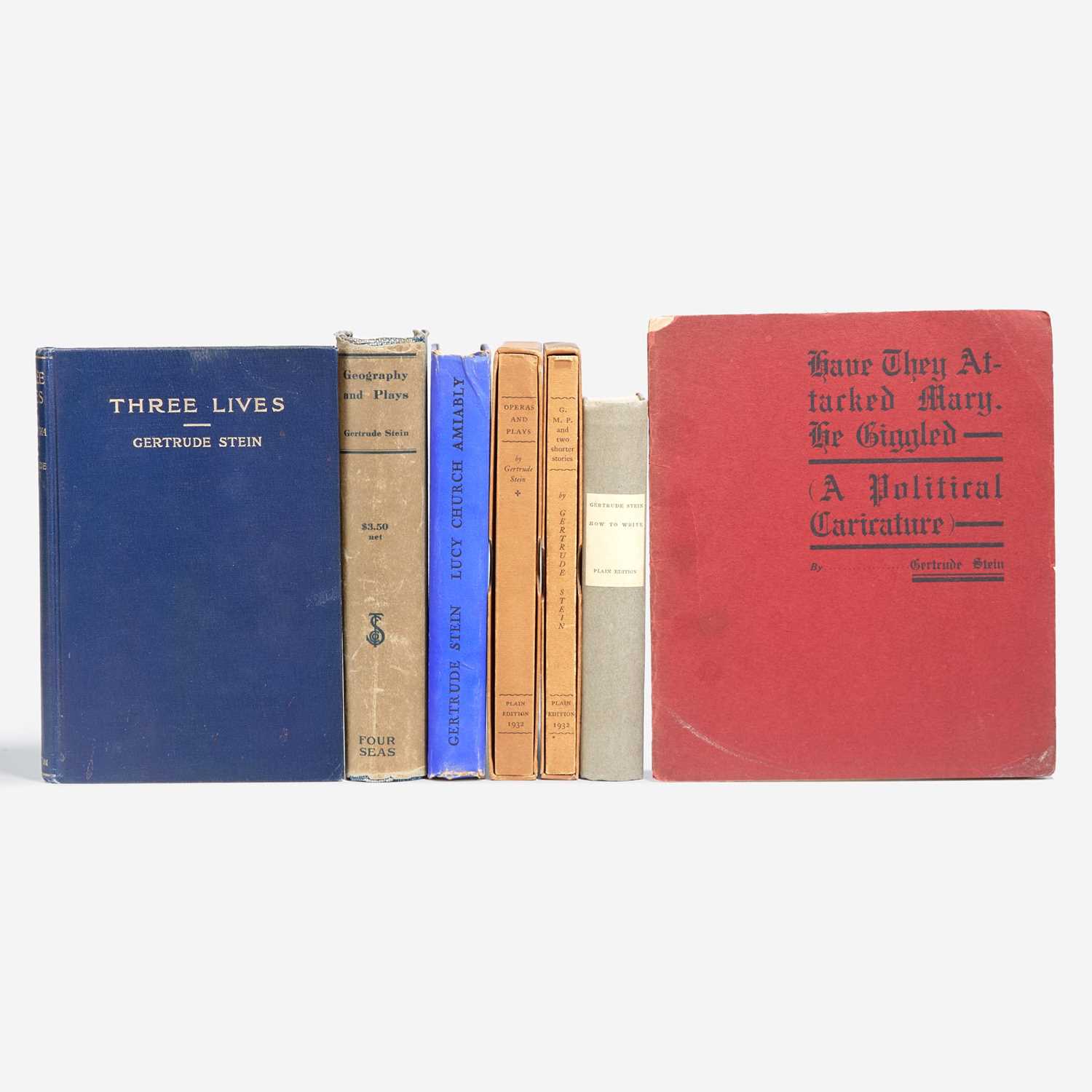


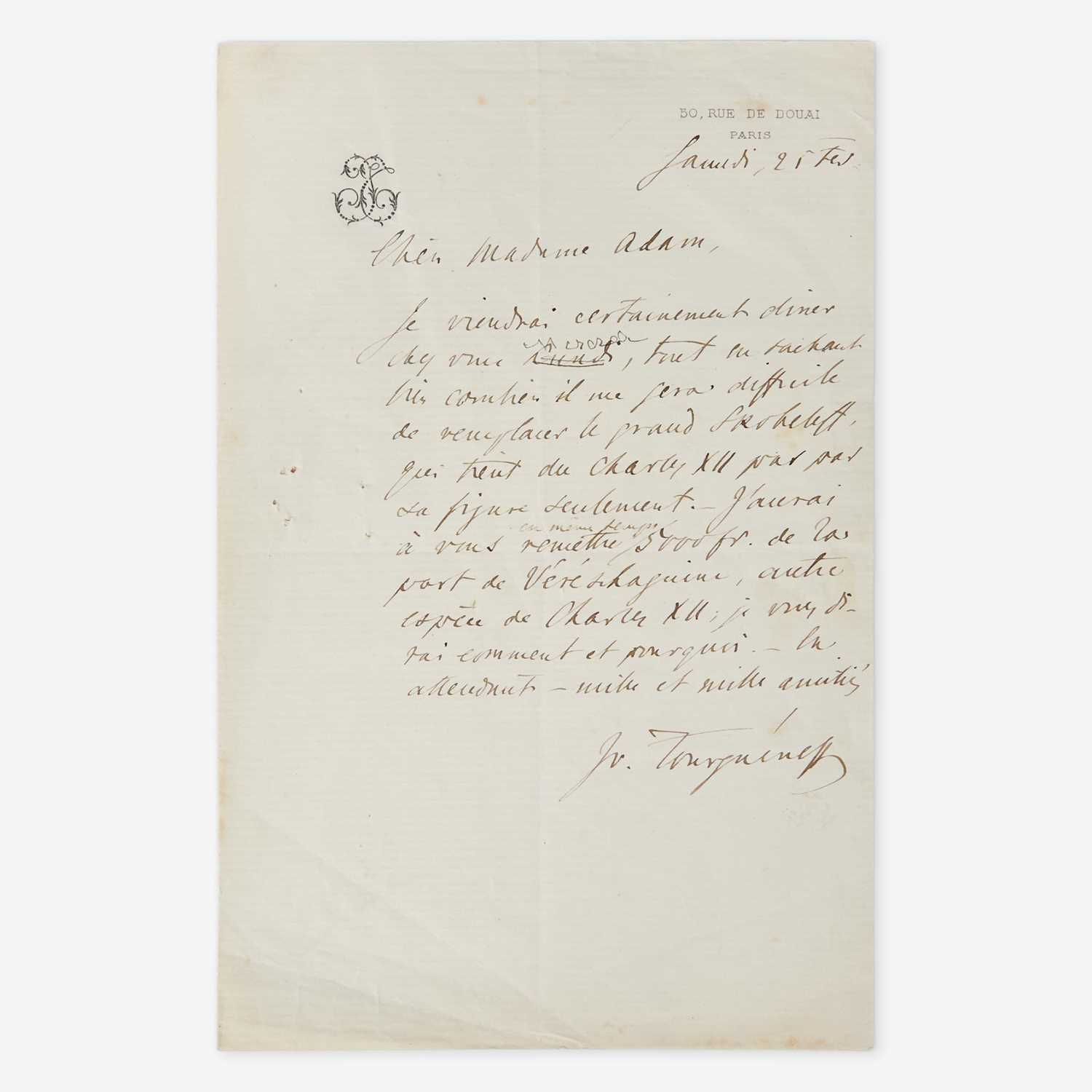
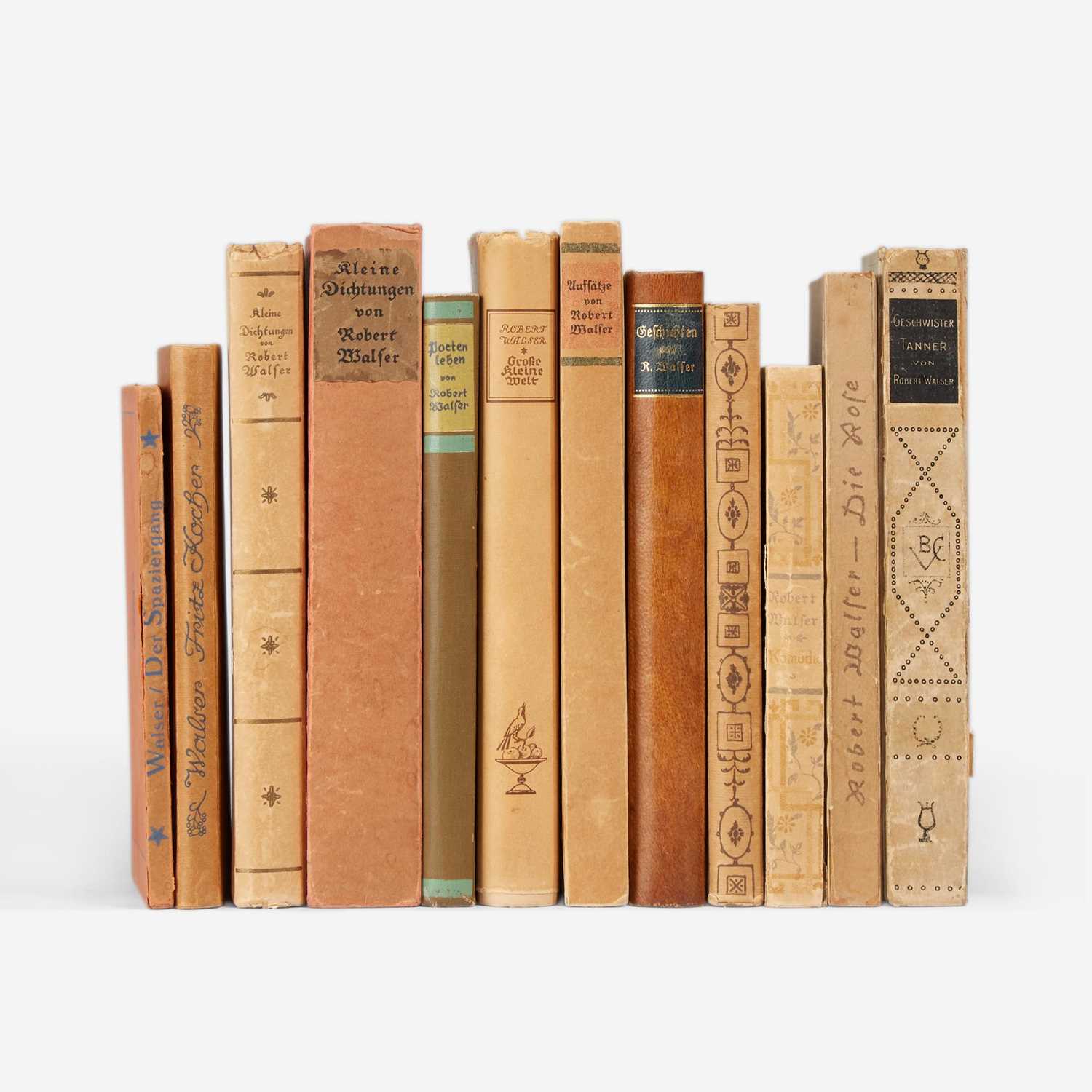

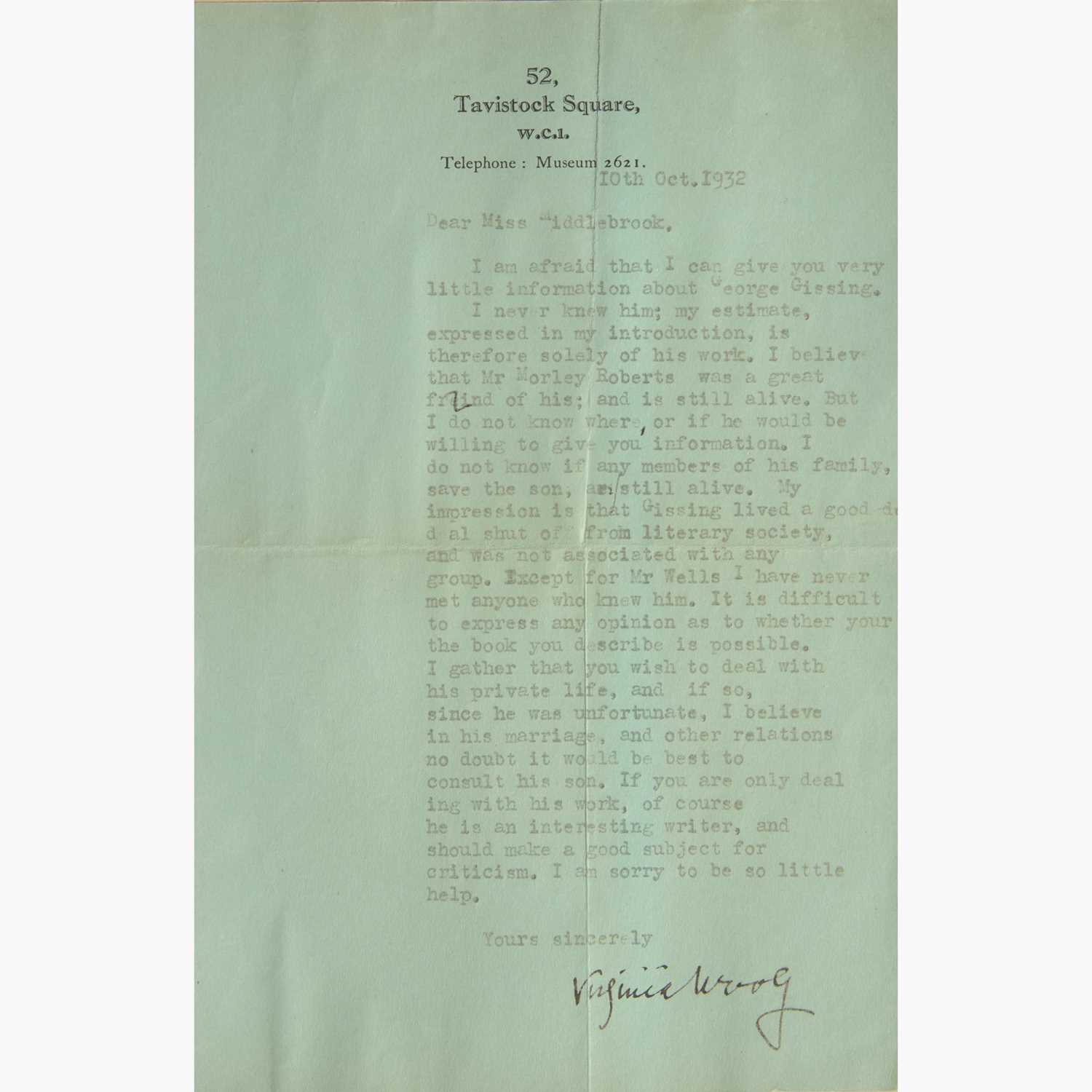


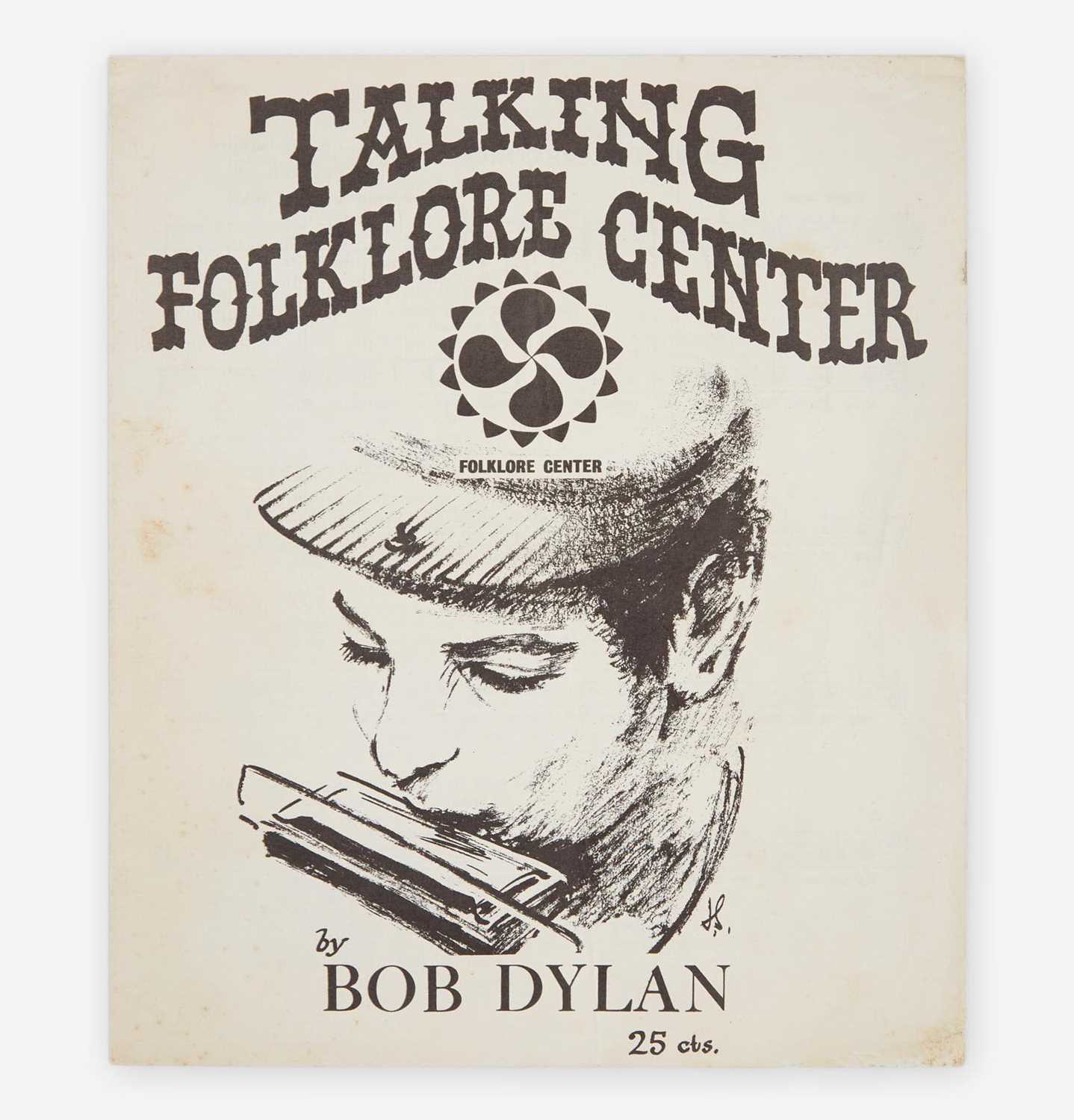
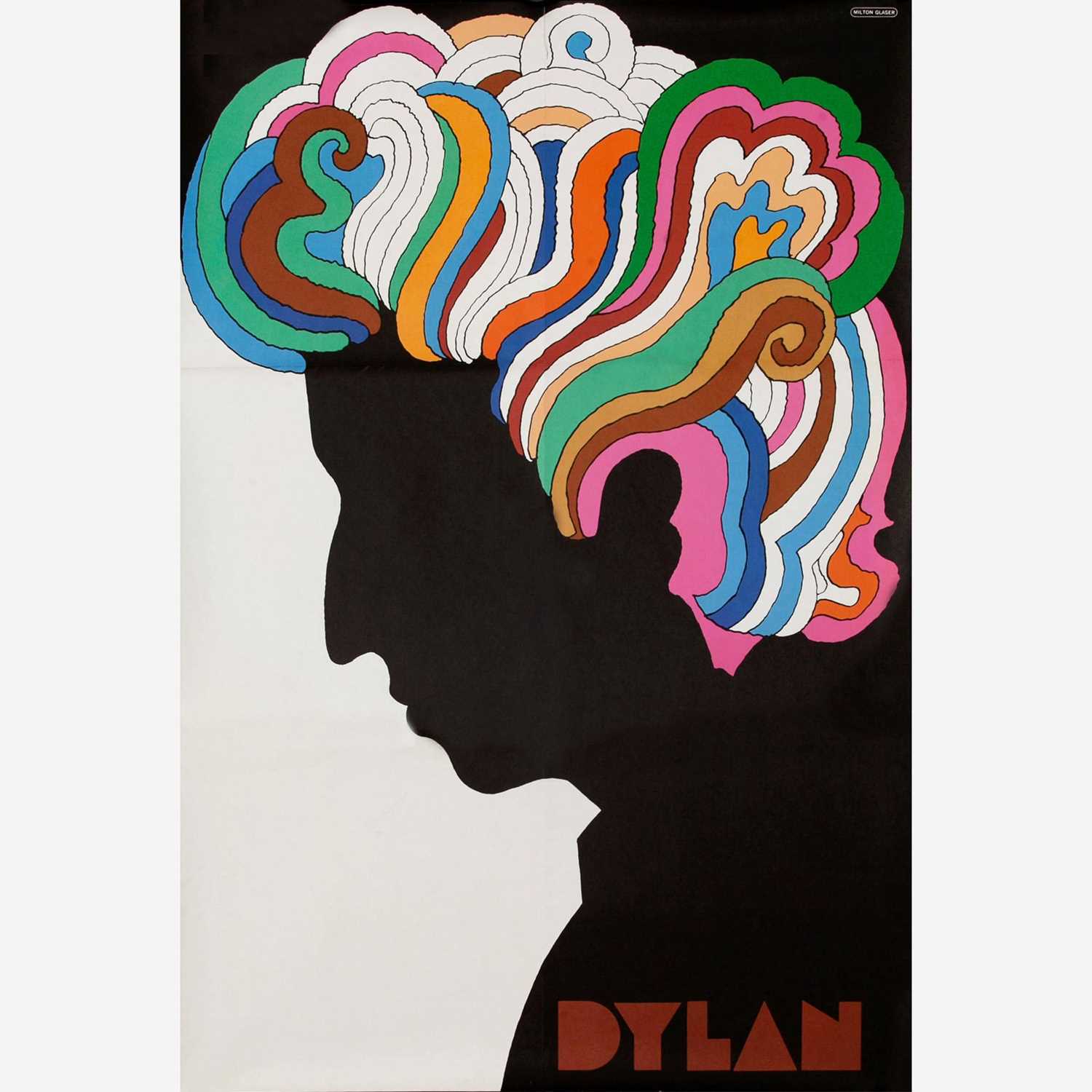
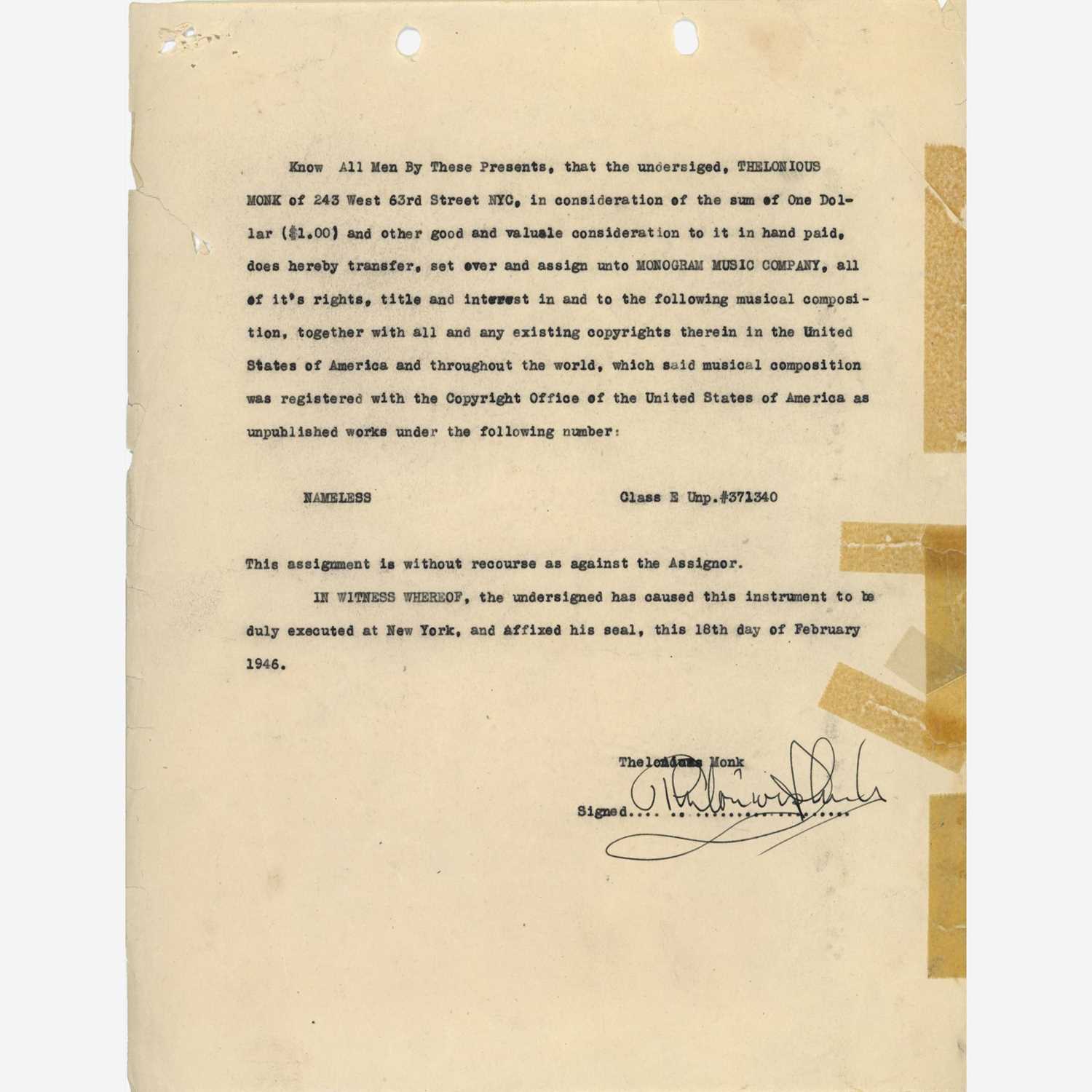
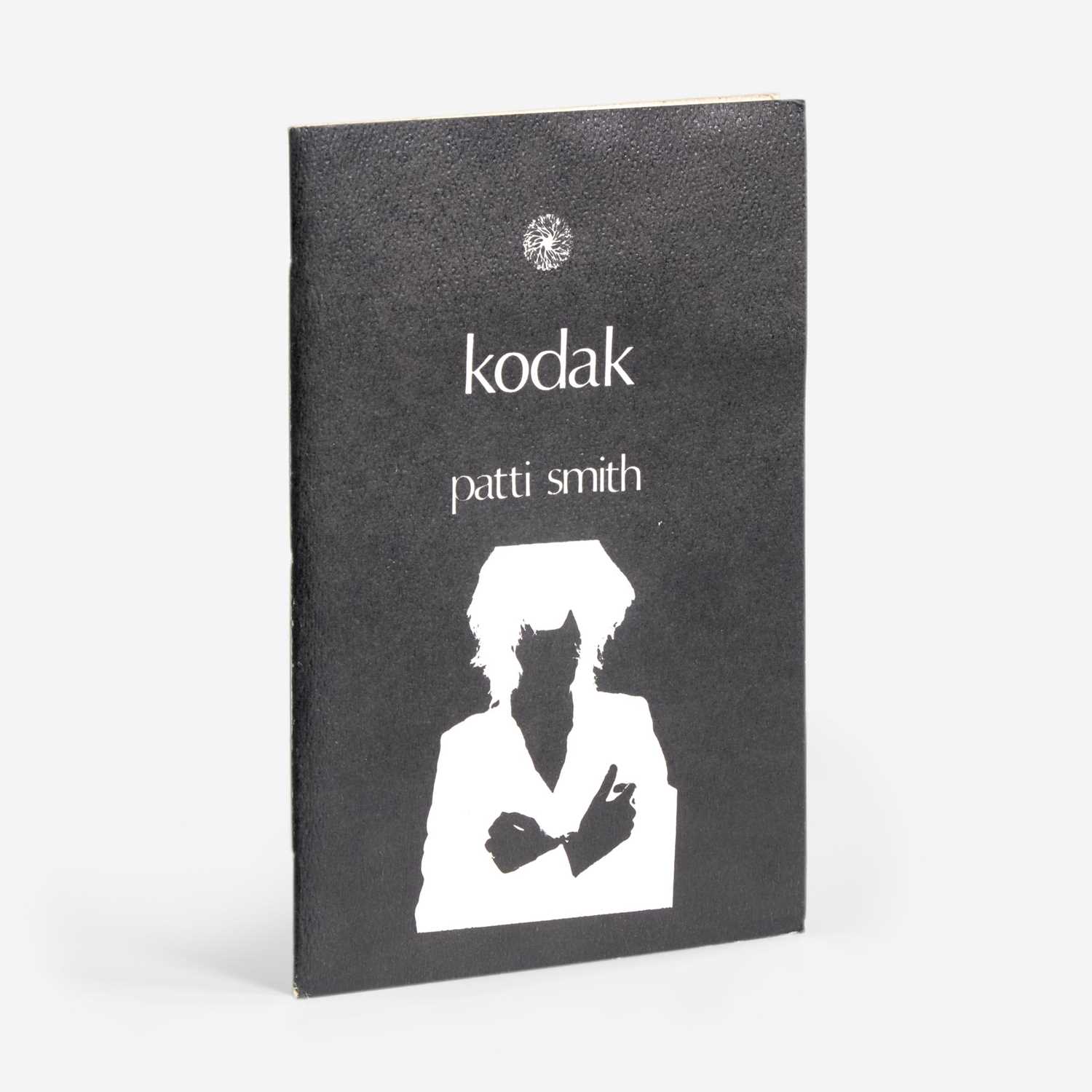
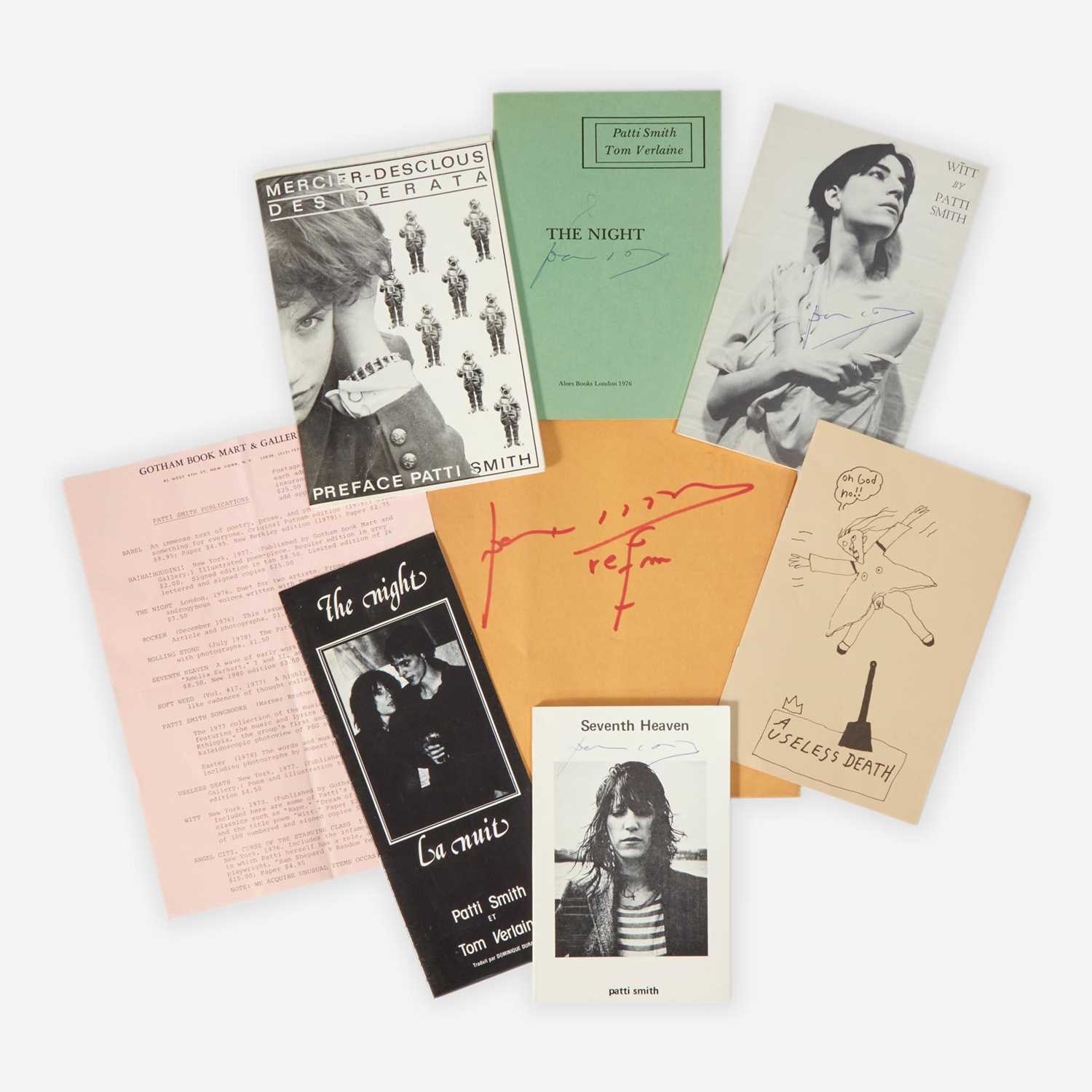
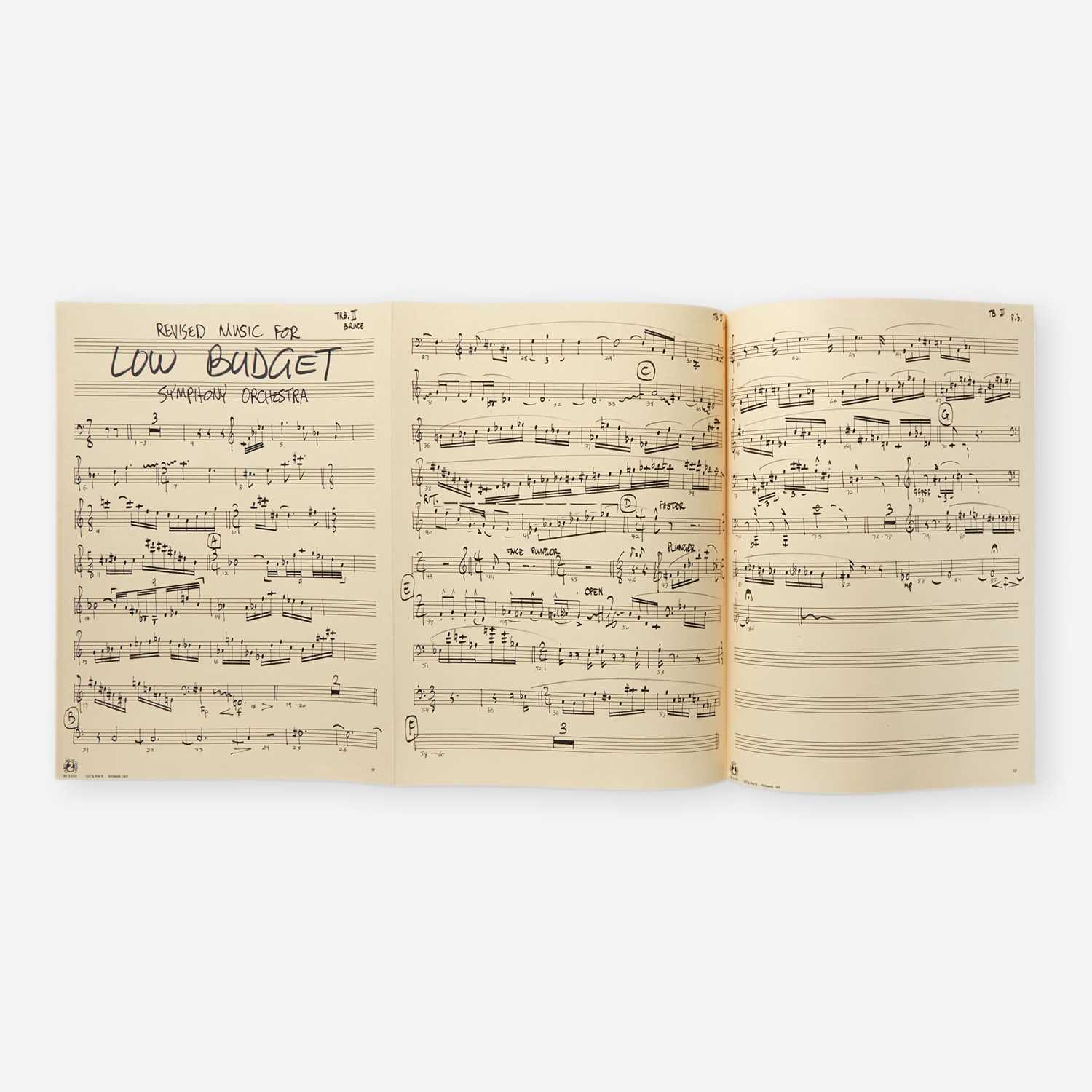
Testen Sie LotSearch und seine Premium-Features 7 Tage - ohne Kosten!
Lassen Sie sich automatisch über neue Objekte in kommenden Auktionen benachrichtigen.
Suchauftrag anlegen